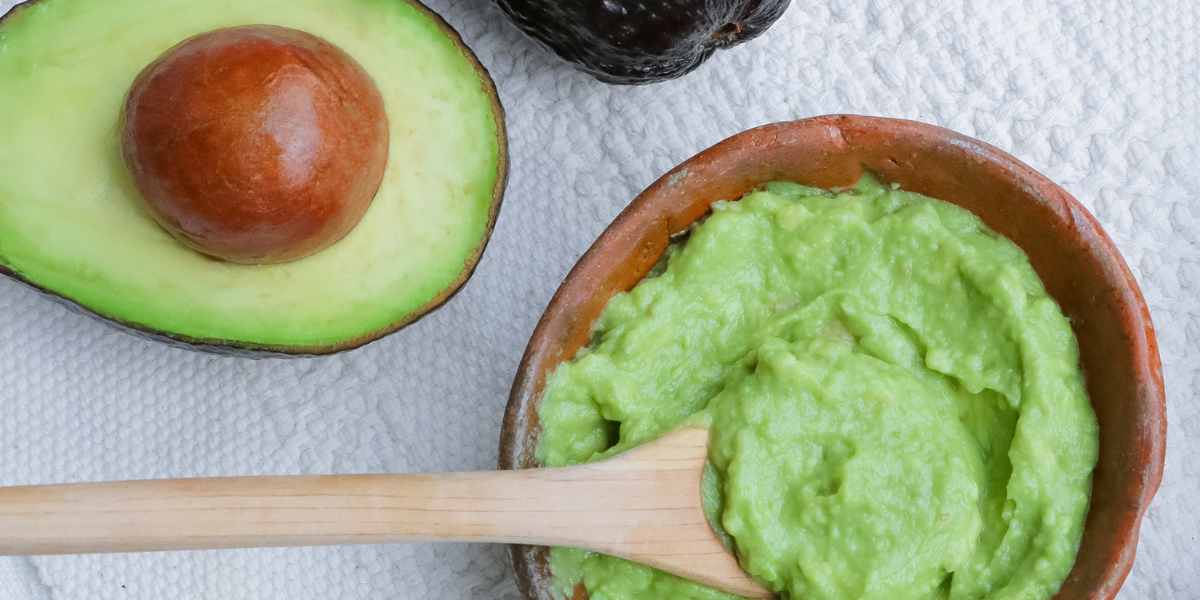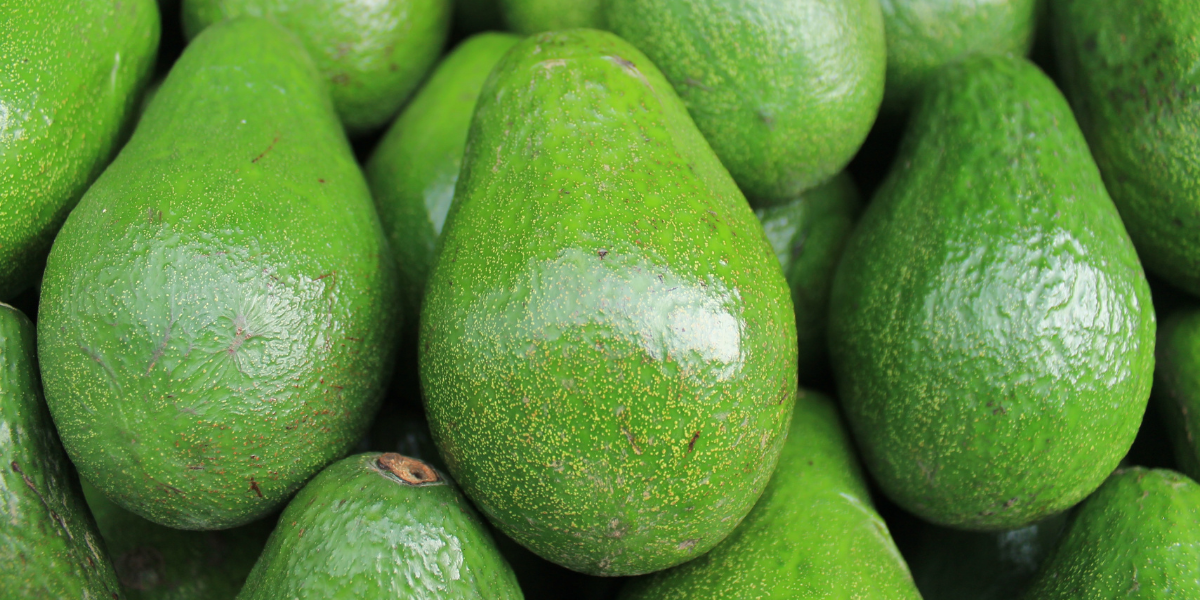It is not common knowledge that avocados, also called alligator pears, are actually classified as berries. Their trees flourish in warm climates and the delicious fruits are used as popular additions to dishes, salads, sandwiches, and even smoothies. When included in your regular diet, avocados can provide a number of health benefits and help treat certain medical conditions. Is avocado good for fatty liver? Read on to find out.
The earliest record of avocado being eaten goes back to almost 10,000 years in the state of Puebla in Central Mexico. The ancient Aztecs believed that, since avocados and testicles have similar shapes, they can pass on stamina to consumers. Archeologists discovered from cave environments in the region that avocado seeds became larger as time passed. Based on the information they had gathered, it was deduced that the cultivation of avocado in the area occurred between 4000 to 2800 B.C.
Nutrients Of Avocado

Avocado has become increasingly popular among health-conscious people. It has been called a superfood, and for good reason considering its numerous health properties. When eaten fresh, avocados are a good source of approximately 20 essential vitamins and minerals. Here are some of the nutrients contained in a one-third medium-sized (50 grams) avocado:
- Calories 80
- Dietary Fiber 3 g (grams)
- Monounsaturated fat 5 g
- Potassium 250 mg (milligrams)
- Magnesium 15 mg
- Calcium 10 mg
- Phosphorus 30 mg
- Vitamin B6 0.1 mg
- Vitamin C 4 mg
- Vitamin E 1 mg
- Vitamin K 11 mcg (micrograms)
- Folate 45 mcg
In addition, avocados are low in saturated fat which can cause more fatty deposits in the liver and has practically no sodium and cholesterol, all of which some experts regard as harmful substances to the body.
What Is Fatty Liver Disease?

Too much buildup of harmful substances in the body can lead to the development of Fatty Liver Disease. As its name indicates, Fatty Liver Disease is a common condition that occurs when there is excess fat stored in the liver. The liver is regarded as fatty when 5% or more of its weight is composed of fat.
There are 2 types of fatty liver disease:
-
Alcoholic Liver Disease
Heavy drinking can cause fat to accumulate in the liver which leads to alcoholic fatty liver. This form of liver disease exists in 5% of the US population. Naturally, the main thing to do to prevent the condition from progressing is to stop drinking alcohol.
-
Non-alcoholic Fatty Liver Disease
One in four adults in the US has Non-alcoholic Fatty Liver Disease (NAFLD). The fat buildup was not caused by drinking alcohol, but rather by certain factors like obesity and Type 2 diabetes.
The good news is that there are ways to cure or reverse the development of fatty liver disease. At the moment, making dietary changes by eating certain foods is one of the most effective options to treat NAFLD.
Why Avocado Is Good For The Liver

At a scientific meeting held in Honolulu, Hawaii, Japanese researchers reported that their findings indicate that avocados contain compounds that lessen liver damage.
In the course of the study, they fed 22 various kinds of fruits to a group of rats with liver disease. After measuring the undergoing fluctuations in the levels of the test subjects’ liver enzymes, avocado was found to have the highest potency among the fruits in delaying damage to the liver.
Several nutrients found in avocado seem to be the most active in reducing liver damage and they are:
-
Potassium
Low blood potassium level has been associated with NAFLD and its accompanying metabolic disorders. You must increase your potassium intake to help support your liver. Eat foods rich in potassium such as bananas, sweet potatoes, beetroot, chickpeas, and beans.
-
Fiber
Avocados, like flaxseed and prunes, are particularly high in insoluble fiber which aids in bowel movement. Fiber can also make you feel fuller so it helps with weight control and improves liver function. To gain more fiber, eat fruits, vegetables, rice, cereals, and whole-grain bread. Sometimes, our body cannot easily digest fibers so we need to take probiotics such as yogurt, kefir, and kombucha to help activate local gut bacteria.
-
Folate
Folate is a form of Vitamin B9 which can also be obtained as a supplement known as folic acid. Folic acid enhances lipid metabolism and reduces liver inflammation caused by obesity or NAFLD. Good sources of folate are leafy green vegetables, brussels sprouts, broccoli, peas, and cereals.
-
Vitamin E
A well-known antioxidant, Vitamin E can help protect liver cells from damage and improve levels of liver enzymes. It is present in almonds, sunflower seeds, and in liquid plant-based oils such as canola or olive oil. In addition, these oils contain monounsaturated fats which help your body process insulin better. With enough insulin, your cells absorb glucose efficiently so that your liver doesn’t need to turn the excess into harmful fats and store them.
-
Vitamin C
Vitamin C is essential for normal liver function. Studies indicate that Vitamin C can also be used to help treat NAFLD. Foods rich in Vitamin C include oranges, strawberries, black currants, peppers, broccoli and potatoes.
Moreover, in a 2015 study, researchers looked into the role that certain foods play in the development and management of NAFLD. Apparently, when eaten in moderation and in accordance with a healthy balanced diet, avocados can help with weight loss and improve liver function tests.
Of course, there is no guarantee that the results of these studies will reveal the same liver protection for humans. Further research will be needed for this but, so far, the existing findings can pave the way in the development of new drugs for the treatment of liver disease.
Other Foods For The Liver
Aside from avocado, here are other foods that are recommended for those with fatty liver:
- Coffee
- Fatty fish like salmon, tuna, sardines, and trout
- Greens such as broccoli, Brussels sprouts, spinach, and kale
- Green tea
- Oatmeal
- Tofu
- Grapes, especially the red and purple ones
- Walnuts
- Sunflower seeds
- Low-fat milk and dairy products
- Garlic
- Olive oil
On the other hand, too much consumption of good fats, – such as those found in avocados – may also lead to fatty liver disease. Studies show that a diet with large amounts of monounsaturated fats, especially when mixed with high starch content, can cause major fatty liver disease. The findings suggest that limiting your calorie intake to the minimum does not necessarily equate to a healthy diet.
Lifestyle And Diet Modifications

For most people, Fatty Liver Disease does not cause symptoms and does not give them serious problems. However, prolonged disregard without proper treatment can cause liver damage such as cirrhosis. The liver helps to eliminate toxins and produces bile which is necessary for digestion. Excessive fat can damage the liver and prevent it from working efficiently.
Aside from making modifications to your diet, you can also make lifestyle changes to help reverse fatty liver disease. Try to lose weight, become more physically active, eat healthier foods, reduce sugar intake, drink coffee, and eat healthier foods to reduce symptoms associated with NAFLD. For starters, you can try incorporating avocado into your diet.

